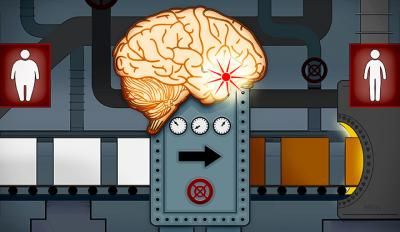Evolva completes Phase I studies with EV-077
Advertisement
Evolva Holding SA announced the completion of a Phase I multiple ascending dose clinical study with an extended release oral formulation of EV-077.
The study, conducted in Germany, involved 32 volunteers in 4 cohorts in a blinded, placebo controlled, randomised trial. Six individuals in each cohort were treated with increasing doses of EV-077 for 7 days whilst the remaining two received placebo.
The aim of the study was to evaluate the safety, kinetic and pharmacodynamic profile of EV-077 given twice daily and to determine the minimal effective and the maximum tolerated dose. Complete inhibition of platelet activation was obtained at the lowest dose tested (120mgs BID) whilst the maximum tolerated dose was 600mgs BID. Further analysis of the data is ongoing. The results will allow Evolva to select a therapeutic dose range for the first Phase IIa clinical trial in patients with Type 2 diabetes.
Evolva is developing EV-077 for the treatment of complications of diabetes. EV-077 is an oral thromboxane receptor antagonist and thromboxane synthase inhibitor that belongs to a new structural class. Prior to the just completed multiple ascending dose study Evolva has conducted Phase I single ascending dose and pharmacokinetic studies on EV-077.
Diabetes causes an increased production of prostanoid metabolites which in turn chronically activate the thromboxane receptor in individuals with diabetes. This increases platelet activation and vascular inflammation, with two key clinical consequences: an increased predisposition of diabetics to vascular events and a progressive deterioration in diabetics of renal function. EV-077 can potentially counteract these deleterious events.
Evolva’s Chief Medical officer, Dr. Norbert Bender, said: “The successful completion of the multiple dose escalation study in healthy volunteers takes us an important step closer to a Phase IIa proof-of-concept clinical trial in diabetic patients. The complete inhibition of platelet aggregation already in the lowest tested dose is indicating that EV-077 efficaciously blocks the thromboxane receptor in humans and that patients can be treated at low doses. Later this year we will announce the results of all Phase I studies carried out with EV-077, and in the fourth quarter of 2011 we plan to start our Phase IIa program in diabetic patients.”














































